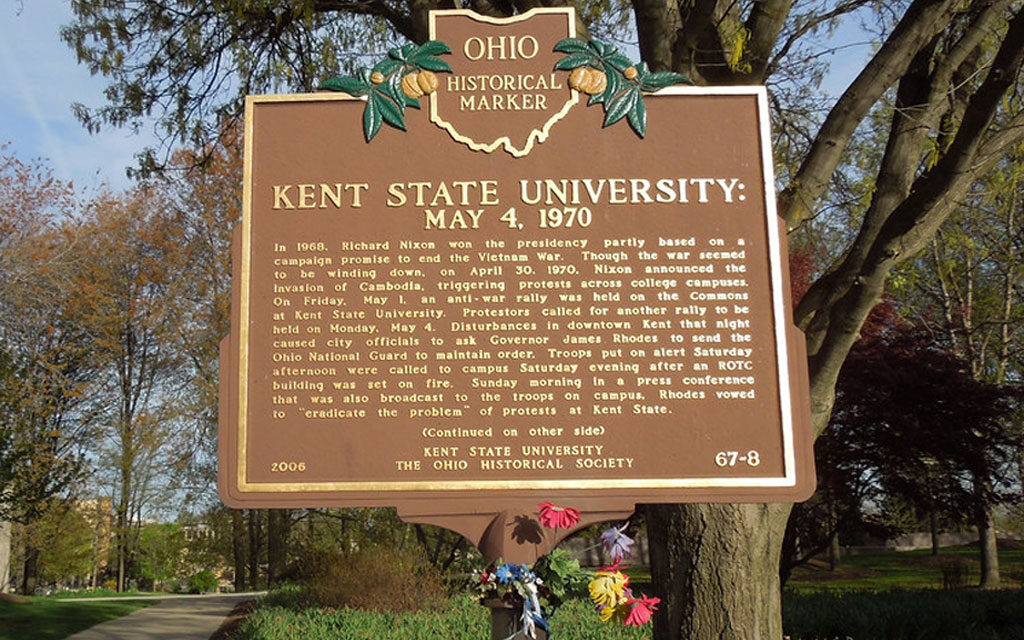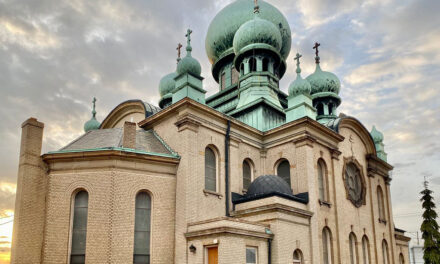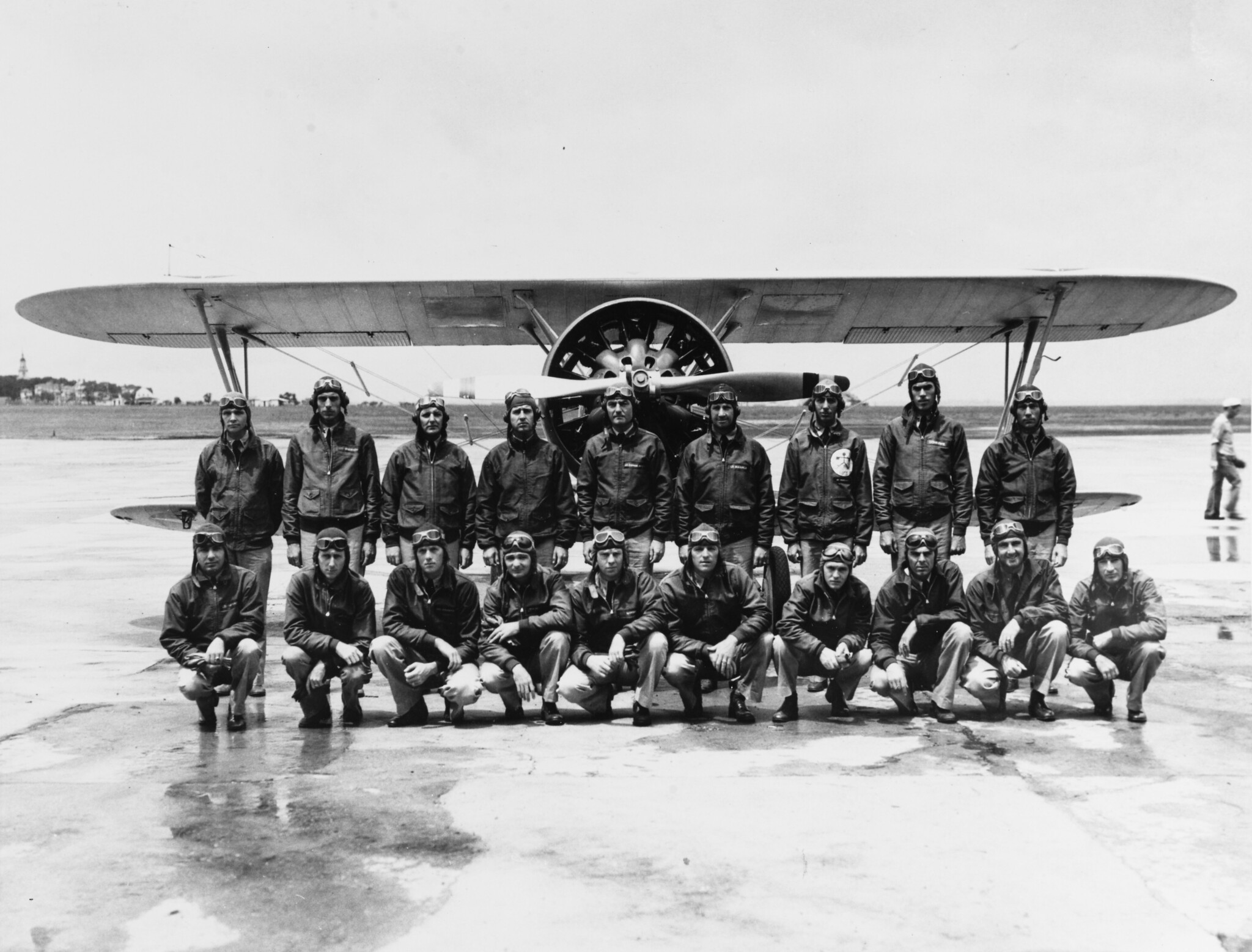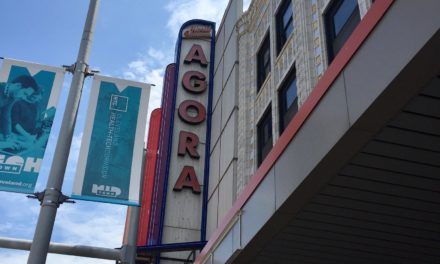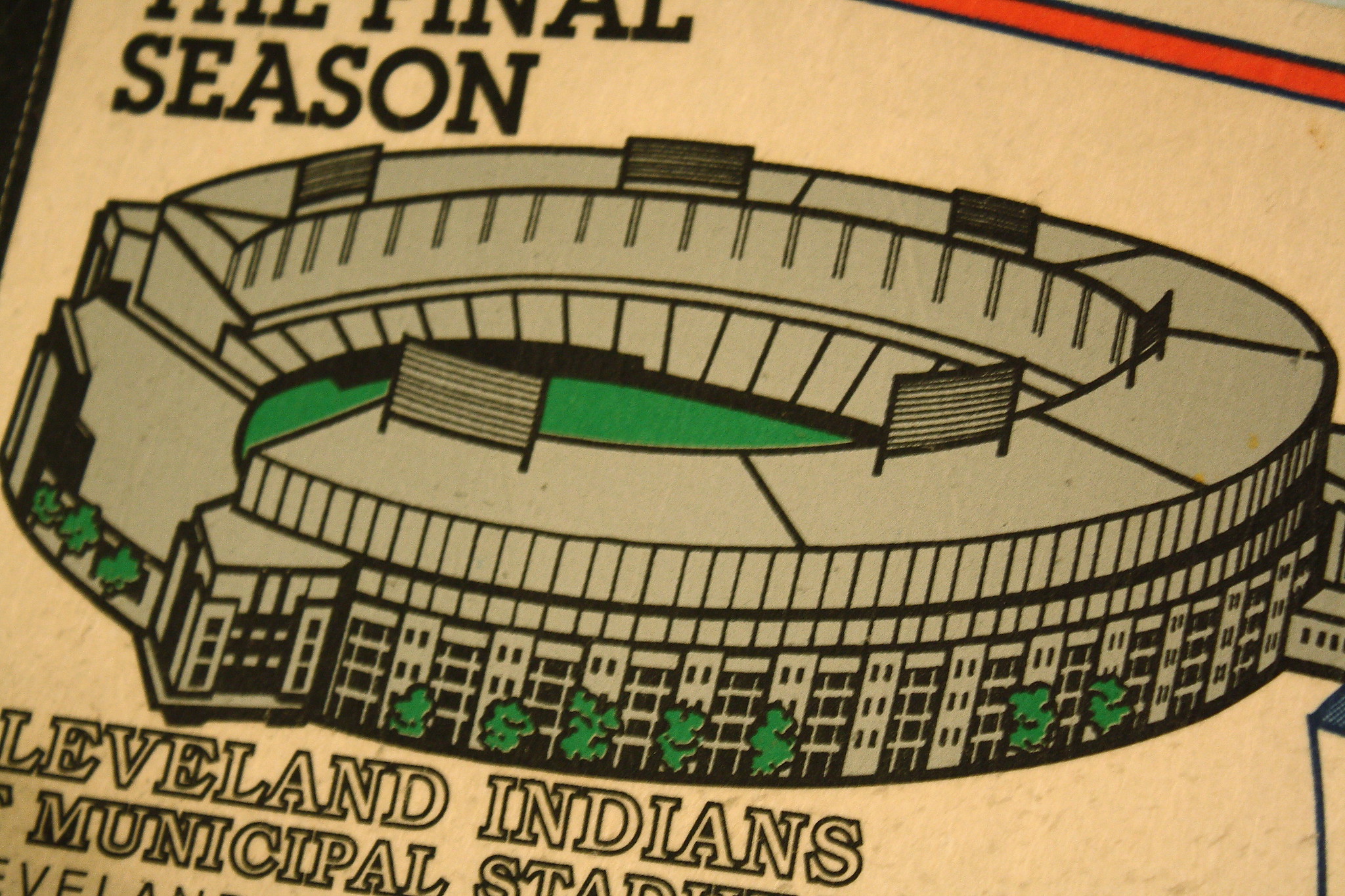CLEVELAND HISTORY
Founding of the Cleveland Orchestra (April 29, 1918): The Cleveland Orchestra, considered one of the finest in the world, was established on this date. Its first concert later that year began a long tradition of musical excellence that has significantly contributed to the cultural landscape of the city.
Launch of the HealthLine (April 30, 2008): The HealthLine, Cleveland’s bus rapid transit (BRT) system, began operations, offering efficient and improved public transportation along Euclid Avenue, a major corridor between downtown Cleveland and the University Circle neighborhood. This project was part of broader urban planning initiatives aimed at enhancing mobility and stimulating economic development.
Inauguration of the Great Lakes Science Center (May 1, 1996): The Great Lakes Science Center was inaugurated to promote interest in science, technology, and environmental education through interactive exhibits and educational programs. It has since become a significant educational landmark in Cleveland, especially notable for its contributions to STEM education.
Groundbreaking for Progressive Field (May 2, 1992): This event marked the beginning of construction for Progressive Field (originally known as Jacobs Field), which would become the home of the Cleveland Indians (now known as the Cleveland Guardians). The stadium was part of a larger effort to revitalize downtown Cleveland and has since become a beloved venue for baseball fans.
WORLD HISTORY
Mutiny on the Bounty (April 28, 1789): Aboard the British ship HMS Bounty, a mutiny occurred led by Fletcher Christian against the commanding officer, Captain William Bligh. The mutineers set Bligh and 18 loyalists adrift in a small boat in the South Pacific, remarkably, Bligh navigated over 3,600 nautical miles to safety. The mutiny has been immortalized in several books and films, highlighting themes of adventure, tyranny, and survival.
Liberation of Dachau Concentration Camp (April 29, 1945): Dachau, the first Nazi concentration camp opened in 1933, was liberated by U.S. forces. Located just outside Munich, Germany, it served as a prototype for subsequent camps. The liberation exposed the grim realities and atrocities of the Holocaust to the world, marking a crucial moment in the documentation of Nazi war crimes.
Fall of Saigon (April 30, 1975): This event marked the end of the Vietnam War when North Vietnamese forces captured Saigon, the capital of South Vietnam. The iconic image of the last helicopter evacuating Americans and some Vietnamese from the roof of the U.S. embassy epitomizes the United States’ chaotic withdrawal. The city was later renamed Ho Chi Minh City.
Acts of Union 1707 (May 1, 1707): The Acts of Union were two acts passed by the English and Scottish Parliaments, which officially united the two kingdoms into one, known as Great Britain. This political union meant a single Parliament governed from London, a significant shift in the political landscape of the isles, setting the stage for future developments in the British Empire.
Kent State Shootings (May 4, 1970): During a protest against the U.S. invasion of Cambodia at Kent State University, Ohio, National Guard troops fired on unarmed students, killing four and wounding nine others. This event dramatically shifted public opinion on the Vietnam War in the United States, highlighting the deep societal divisions and leading to a significant, immediate impact on national and campus policies regarding protests and military presence on university grounds.

